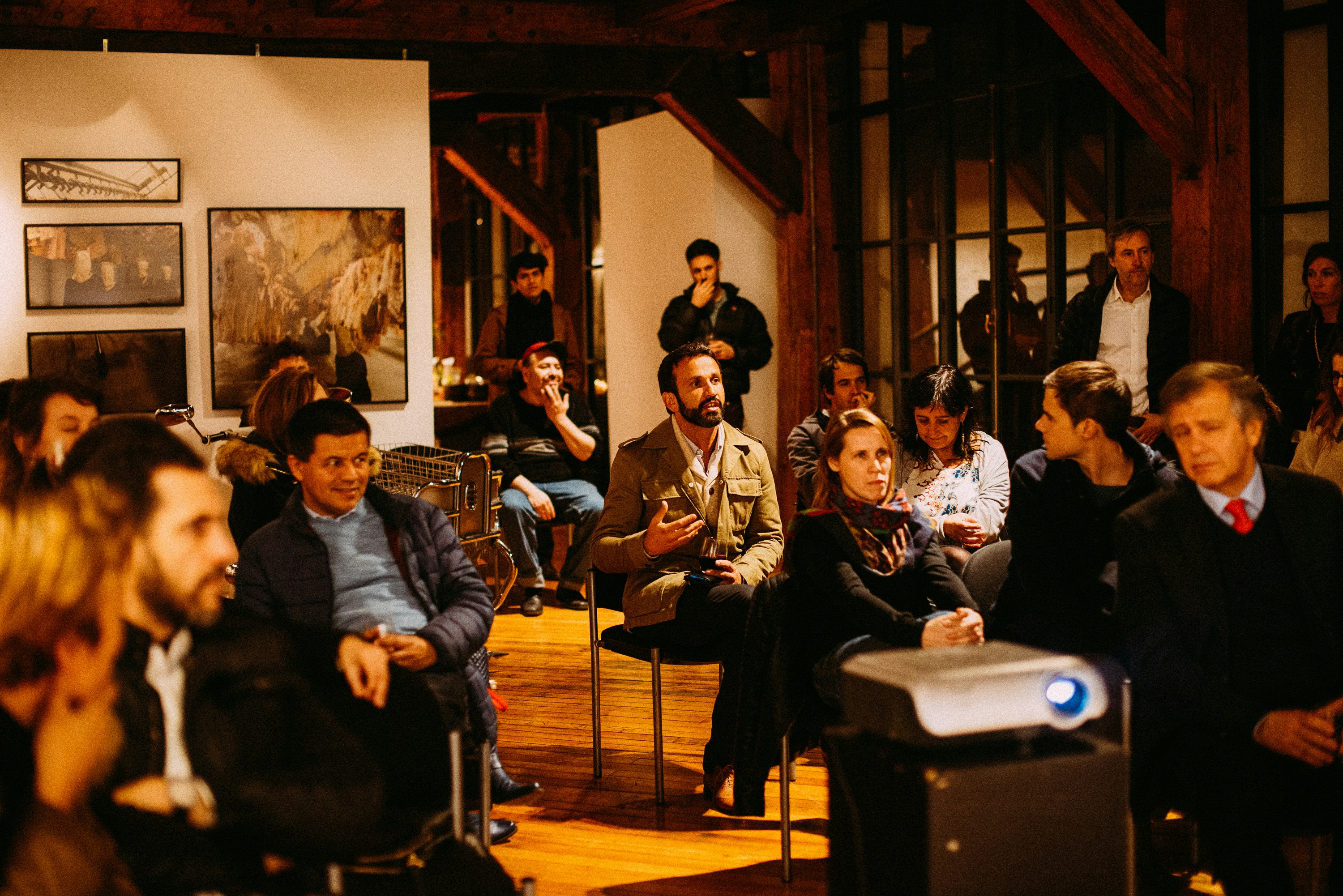

While each organisation holds its own unique character, what emerged were striking commonalities in the challenges — and opportunities — of building high-performance cultures at scale.
When we see teams deliver under pressure with precision and care, it’s easy to focus on process and execution. But underneath those high-performance moments lies a culture of psychological safety — a shared confidence that it’s safe to take risks, share ideas, and ask questions.
This isn’t a new concept, but it’s more relevant than ever. Psychological safety isn’t soft; it’s structural. It underpins innovation, collaboration and wellbeing — the human infrastructure that allows performance to sustain over time.

Many retailers described how, during the pandemic, their teams became what one CPO called “the fifth emergency service.” A clear, shared purpose helped people stay grounded and energised through uncertainty.
Across our interviews with high-performing individuals, one belief stood out: their work mattered. These were people driven not just by outcomes, but by contribution — by the sense that what they do every day makes a tangible difference. That sense of purpose fuels resilience, engagement, and the discretionary effort that defines high-performing teams.
Purpose gave our people energy when everything else was uncertain — it reminded them why they mattered.”
When we spoke to high-performing retail teams, we found consistent evidence of empathy in action. Regardless of sector, these teams show a generosity of spirit — a desire to make someone’s day a little better through the quality of their interaction.
Their approach to customer care goes beyond process and KPIs. It’s about small, human gestures that transform transactions into moments of connection. This behavioural nuance — compassion coupled with precision — is what turns good service into exceptional experience.

We’re looking forward to sharing more from our High-Performance Behavioural Framework and the insights that underpin it in our upcoming report, launching at the WRC this April.
If you’d like to explore how these findings can be applied within your organisation, get in touch — we’d love to start the conversation.
